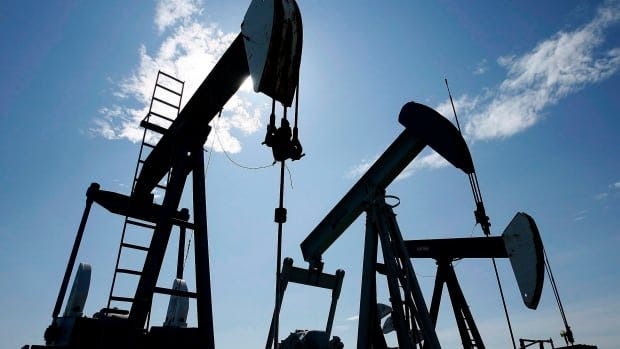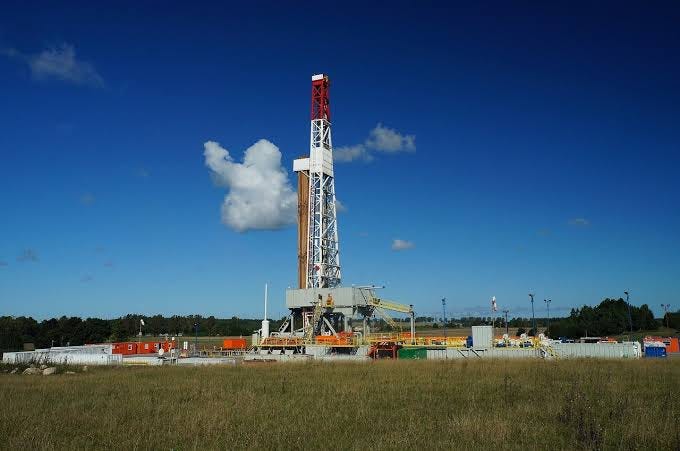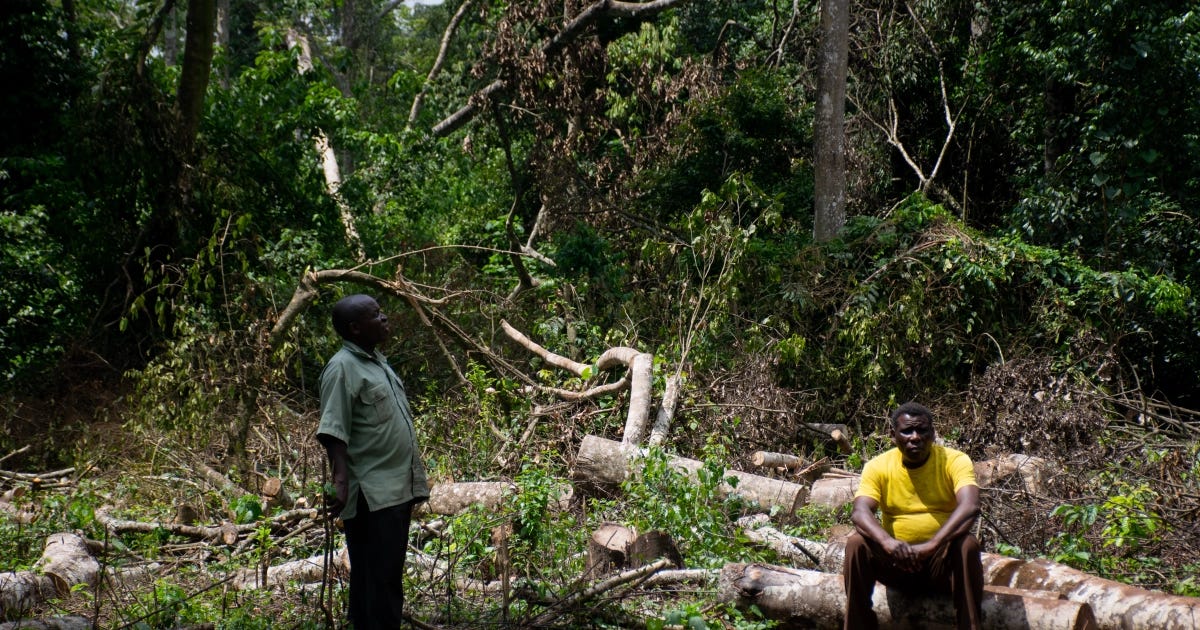G7's Commitments on Fossil Fuel Projects: Africa's Angle
G7 ministers make commitments to stop funding new fossil fuel projects this year. Is Africa involved with this? Read to find out more.
G7 meeting, Credit, DW
Alok Sharma, the president of C0P26, praised the commitments. He praised it in the context of the Ukraine war, and in view of the rising use of fossil fuel products coming with the war. He praised the gesture, saying the transition to clean energy was important, that it was synonymous with the idea of energy and national security. He welcomed it, saying solving the global energy crisis required such a solution, along with resolving the climate change crisis, which threatens to bring the planet to the brink of a disaster.
Lawrie van der Burg, campaign co-manager at Oil Change International, also called the initiative a massive win. He called it a timely reconfirmation of what everyone had been saying, that the most viable pathway to energy security was prioritizing public finance for clean energy. He called it a tremendous progress in the struggle to bring climate change to its knees, but he also said something else, that promises should be translated into an action, that the momentum towards energy security should begin, that the issue of ‘carbon bombs’ should be tackled before it explodes.
Alok Sharma, Credit, Wikipedia
Alok and Lawrie had been responding to the latest G7 meeting in Berlin, when ministers of the world’s biggest economies promised to stop the funding of any overseas fossil fuel developments from the end of the year, so the issue of carbon bombs could be tackled before it explodes. Many people agree with Alok and Lawrie. If the biggest economies fulfill their promises, it will be a timely reconfirmation that the most viable pathway to energy security was prioritizing public finance. If the biggest economies prove to be serious, it could ultimately mitigate the chronic climate change crisis that threatens to bring the planet to the brink of a disaster. If the big countries fulfill their pledge, the agreement could help the planet in meeting its climate targets, make the transition to clean energy less painful and expensive, and save billions of people from pains.
Obviously, it will tackle the issue of carbon coached in fossil fuel projects. It will help towards mitigating the problems of carbon bombs, which could drive the world pass the agreed temperature limits with catastrophic consequences. It could halt carbon bomb fossil fuel projects, about 195 of them,that could end in at least a billion tonnes of carbon dioxide emissions over their lifetime, in a total equivalent to about 18 years of present global levels.
Pumping fossil fuel, Credit, CBC
Also, the G7 commitments mean a halt to the exploitation of some oil and gas fields. It means a country like Canada could speed up its renewable energy expansion plans, even as it engages in the increased production the damaging fossil fuels. It means a nation like Australia could carry out a rethink, slash its potential carbon bombs, as well as cut back on subsidies on fossil fuel production. It means a nation like the United States could shelve some of its oil and gas development projects, quench the greed for the huge profits from the extremely volatile and extraordinarily profitable industry, so the world can secure a livable and sustainable future for all.
The African continent could find itself in a disadvantaged position, if countries like the United States fail to quench their thirst for the profits arising from the extremely volatile and extraordinarily profitabl fossil fuel sector. Africa could be at a receiving end, if the world’s biggest economies refuse to bring carbon bomb projects to a halt, because even though the G7 agreements took place thousands of kilometers from the continent, their ramifications impact on Africa. The continent could experience some pains if some of the 195 gigantic carbon bomb projects go ahead, as the big economies plan to site some of them on the continent, with investors looking at other places to site other carbon bomb projects.
Mozambique gas project, Credit, Environmental Justice Atlas
One of such projects pertains to the Cabo Delgado province of Mozambique. It’s a massive offshore and liquefied natural gas project. If completed, it could result into a huge increase in carbon emissions, causing a massive amount of destruction to the local fishermen and subsistence farmers resident in the area. If completed, the project could ensure the dislocation to lots of other poor and vulnerable Mozambiqians, leading to a loss of their livelihood, intensifying poverty, possibly resulting into a destabilized nation. If the world’s biggest economies continue with the project, it could cause a disaster to Mozambique, a disaster to the South African sub-continent, a disaster to the Africa continent, and a disaster in the global fight to halt the overheating of the earth.
The Congo peat land, Credit, Mongabay
Already, industrialists prowl the peat land of the Congo basin in the Equateur province. The government of the Republic of Congo patrols the place, seeking to exploit the peat land for immediate economic benefits. Also, the government of Zaire performs the same duty, hoping to exploit an area constituting 1/3 of global carbon stocks in tropical peat lands. Not to be left out of the bonanza, commercial interests intend to make an intervention, which could possibly destroy the lives of communities whose lives depend on the peat lands, destabilizing an area unique for its biodiversity, disrupting the aquifer that maintains the life of these ecosystems.
With a disruption of the aquifer that maintains the life of the Congo ecosystem, many issues come to mind. Although scientists claim uncertainty about the Congo peat lands, but with the disruption of the ecosystem, 1/3 of the global carbon stocks could be affected, complicating the climate change crisis. With the tampering of the ecosystem in the Cabo Delgado province, an increase in carbon emissions might not be the only result, as the act could make it difficult to curtail the pace of the climate change, putting an already embattled area into confusion.
Drilling starts in Kavango, Credit, NS Energy
In the Kavango region of Namibia and Botswana, oil and gas plays by the industrialized countries loom large day by day. In this part of Africa, Namibia and Botswana combined could enter into the top ten countries into fossil fuel production, as Western nations cash in on what they suspect is the last great find. In this part of the world, climate strikes could make the world demand a moratorium on all new fossil fuel projects, as promises on climate regulations verge on becoming empty, when interests of the industrialized world hover around a place with a great potential of fossil fuel exploitation for maximum profits.
Another spot for a consideration lies on the shores of Lake Albert, on the Uganda-Congo border, on to the Tanzanian port of Tanga. Here, Total waits to put its plans into a motion. Here, the Chinese Natural Offshore Oil Corporation aims to make a killing, bent on embarking on the construction of a pipeline which will be heated at all times to keep oil flowing. Here, rich interests aim to put into place a carbon bomb through a pipeline running through the Taala Game Reserve, encroaching on the Bugoma Forest, before creeping into Tanzania, also traversing the Wembere Steppe, with huge tankers waiting to transport the fossil fuel.
Bugoma Game Reserve, Credit, Aljazeera
Apart from the increased carbon emissions with the disruption of the Taala, Bugoma, and Wembere Game Reserves, the ecosystem of chimpanzees could be destroyed. The ecosystem of elephants, colobus monkeys, buffalo, elands, kudu, impalas, hippos, giraffes, red antelopes and others could be endangered, along with the mangrove swamps and coral reefs teeming with dugongs and sea turtles. Apart from the increased carbon emissions in the Kavango region, temperature hikes could plague the place, while water shortages could make life difficult, if the G7 reneges on the stoppage of funding of new fossil fuel projects in places like Africa.
For the African civil society, the task cannot be escaped. They should continue telling the G7, its addiction to fossil fuel kills Africa. They should tell the G7, new projects will lead to a massive amount of disruption to local fishing and subsistence farming, putting the continent on a dangerous fossil fuel track. They should tell the G7, carbon bombs will kill the children, eliminate the buffalo, decimate the remaining forests, destabilize people’s existence, push the African civilization to the brink.
But other people should also be told the truth, especially African leaders. They should be aware that fossil fuel production leaves African countries with lower GDP-growth rates. They should know their unwavering support for these projects could lead to the destruction of swaths of farmlands, almost all of them tilled by ordinary Africans, who will be punished with dislocation and unemployment. They should be aware that fossil fuel production ends in a resource curse, with people forced to inhabit resettlement villages, with the planet extinction crisis building, with valuable animals driven into destruction, with temperature hikes and water shortages the ultimate end.
Unless the G7 keeps its commitments towards the cessation of new fossil fuel development plans, African nations could suffer from temperature hikes and water shortages. They face the risk of lower GDP-growth rates, as many rush into resettlement villages, harassed by poverty occasioned by unemployment and underemployment. They face the destruction to their homes, the killing of children, the disappearance of their forests resources, increased carbon emission in the atmosphere, and ultimate danger on the fossil fuel track. Finally, as Alok Sharma said while responding to the communiqué of the G7 ministers, the development of new fossil fuel projects could not only intensify the chronic climate change crisis, it could also bring Africa and the world at large to the brink of a disaster.










